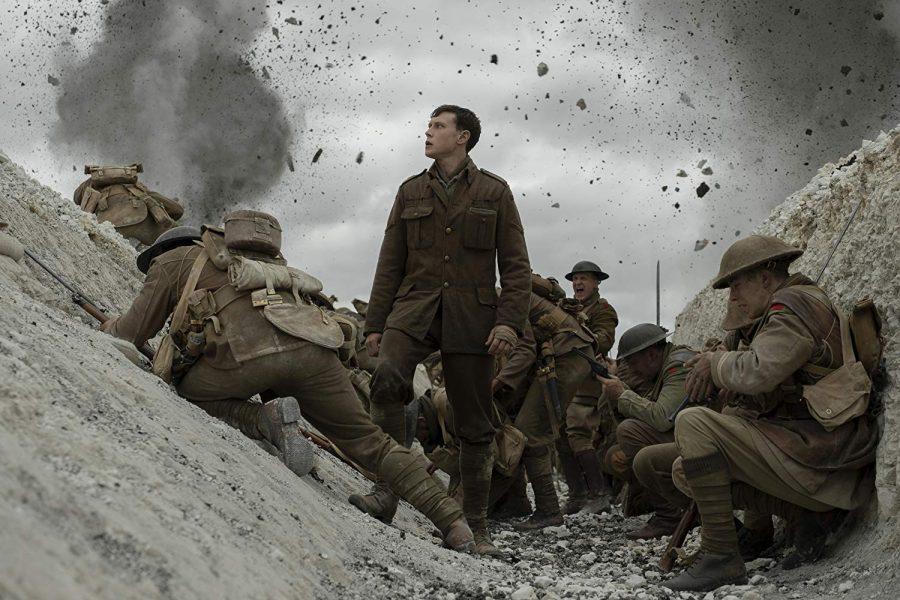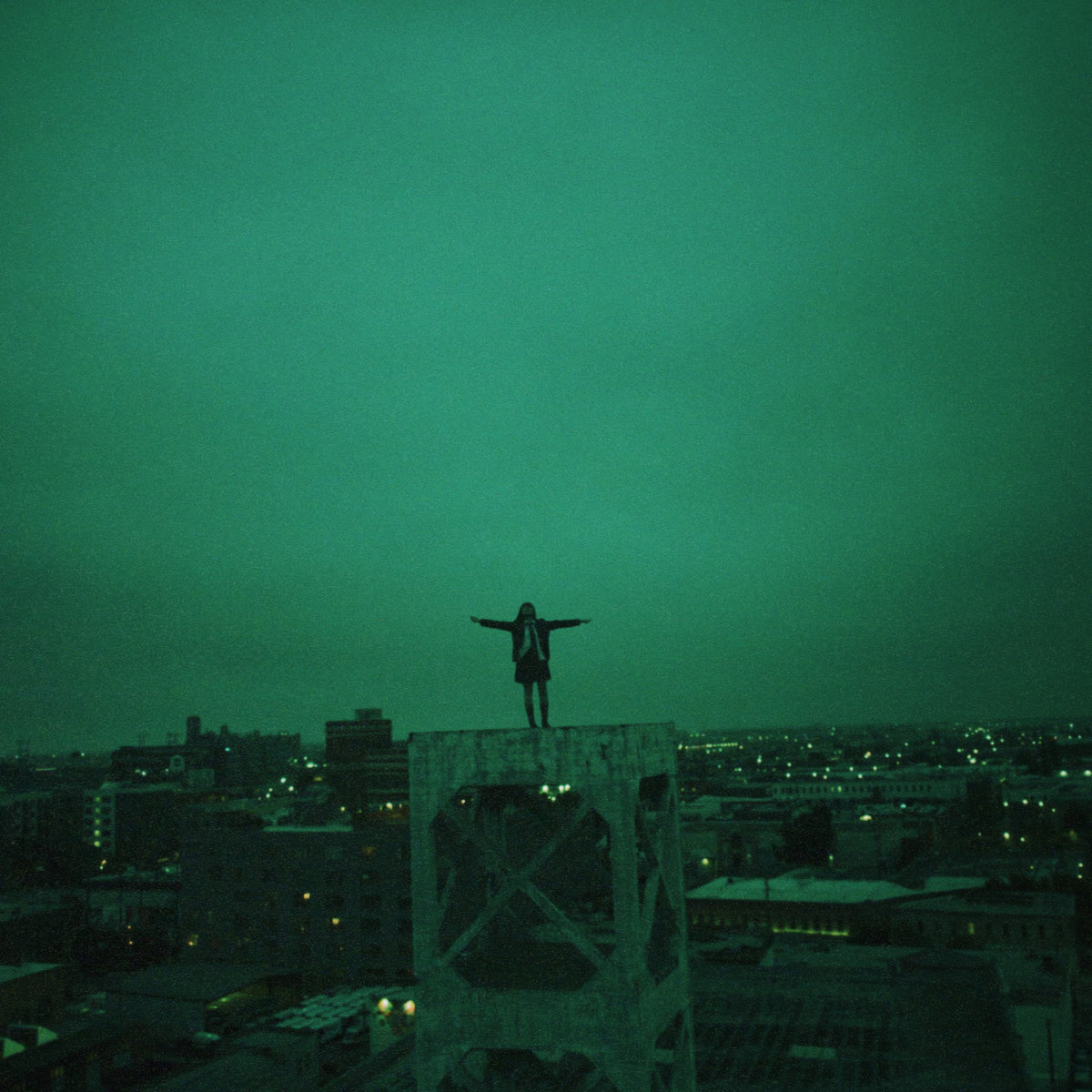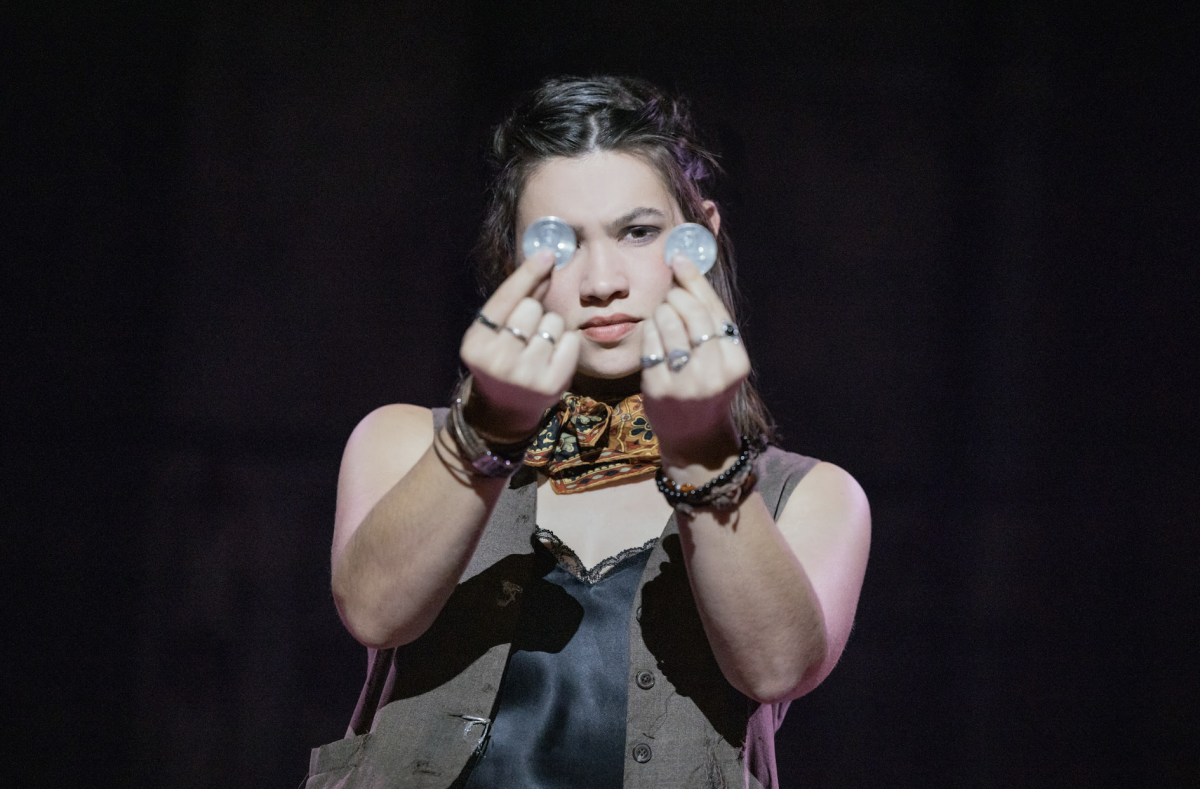Sam Mendes’s war epic “1917” is a technical feat, but falls into conventionality as an Oscar frontrunner.
Academy Awards nominations always have their share of snubs, but this year’s list feels particularly lacking in filmgoer favorites. “The Farewell,” “Rocketman,” “Us,” “The Lighthouse,” and “Uncut Gems” are just a handful of accolade-worthy titles that twist conventions and upturn expectations, yet somehow fail to agree with the academy’s selective tastes. However, the war epic “1917” was an obvious shoo-in since the buzz surrounding its trailer release. With Director Sam Mendes, Cinematographer Roger Deakins, and A-list British actors in its armory, little surprise arose when “1917” snagged 10 Oscar nominations, including Best Picture.
With “1917,” Mendes adds to an already-impressive filmography, which includes “Skyfall,” “American Beauty,” and “Revolutionary Road.” Centered around two British soldiers tasked with delivering a message that will stop a deadly battle, “1917” brings the frontlines of World War I onto the big screen. In several heart-pounding, armrest-clenching scenes, we see Lance Corporals Schofield (George MacKay) and Blake (Dean-Charles Chapman) crawl through no man’s land, dodge enemy fire, and wrestle between their fears and their duty to their country.
By far the most celebrated aspect of this film is its one-shot experience. Shot by cinematography luminary Deakins, the camera tracks the characters’ journey through rolling green fields and decimated, body-strewn trenches without the impression of any cuts. We, as audience members, are limited to what the characters see and hear, not knowing what dangers lay around the corner. The one-shot method thus creates a deeply engaging viewing experience that can also be, ironically, distracting when you pick up on the hidden cuts.
Despite how stylistically impressive the film is, one can’t help but also draw visual parallels and comparisons to other movies and forms of media. Alejandro González Iñárritu’s 2014 “Birdman” already did the sleek one-shot movie with more flair and finesse. Christopher Nolan’s 2017 “Dunkirk” already did the technologically impressive, all-senses immersive war movie with a greater sense of urgency and scale. I even found myself reminded of “Call of Duty” and other first-person shooter games because of the way we follow behind gun-touting characters through unfamiliar places, achieving little quests that guide them toward their final mission.
Thomas Newman’s Oscar-nominated original score leaves one cold, spare for certain scenes. Music plays as uninspired ambiance with little sense of an overall theme in most scenes. However, the score comes to life in a few climactic moments. These moments, most notably one that takes place during nighttime, are accompanied by a beautifully haunting, almost dystopian opera. This particular scene pairs Newman’s song, “The Night Window,” with nightmarish shots that look like real-life paintings. It’s a phenomenal union of sounds and visuals that strike awe and that, I argue, makes this whole movie worth watching.
Despite the amount of talent working on and off-screen, and some critics hailing it as one of the best war movies of all time, “1917” is arguably nothing new. The film’s simplistic plot and one-sided characters are unremarkable and almost underwhelming. There are no overarching messages or themes to pull away besides a vague anti-war sentiment. Brief appearances by great British actors — Colin Firth, Benedict Cumberbatch, Andrew Scott, Mark Strong, and Richard Madden — make for far more interesting characters than the two stoic leads.
Nonetheless, “1917” remains one of the strongest contenders of this year’s Oscars. Being a safely conventional, technically impressive war film nearly guarantees it to be a front-runner by the academy. It’ll battle Bong Joon-ho’s “Parasite” for Best Picture and Best Directing, and it’ll likely win Best Cinematography, Best Production Design, and other technical categories. It’s both an audience and a critic favorite that doesn’t stir much controversy for its nominations, unlike “Joker” and its 11 nominations. But “1917’s” nominations also mean less award recognition for films with more diverse creators and boundary-pushing stories.
While “1917” is a good film in many regards, it is yet another film that has little new to say and yet is still widely recognized and praised — a privilege that not all movies and movie creators are granted.
Grade: B+
Rated: R
Director: Sam Mendes
Starring: George MacKay, Dean-Charles Chapman
Release Date: December 4, 2020
Image courtesy of IMDB.














